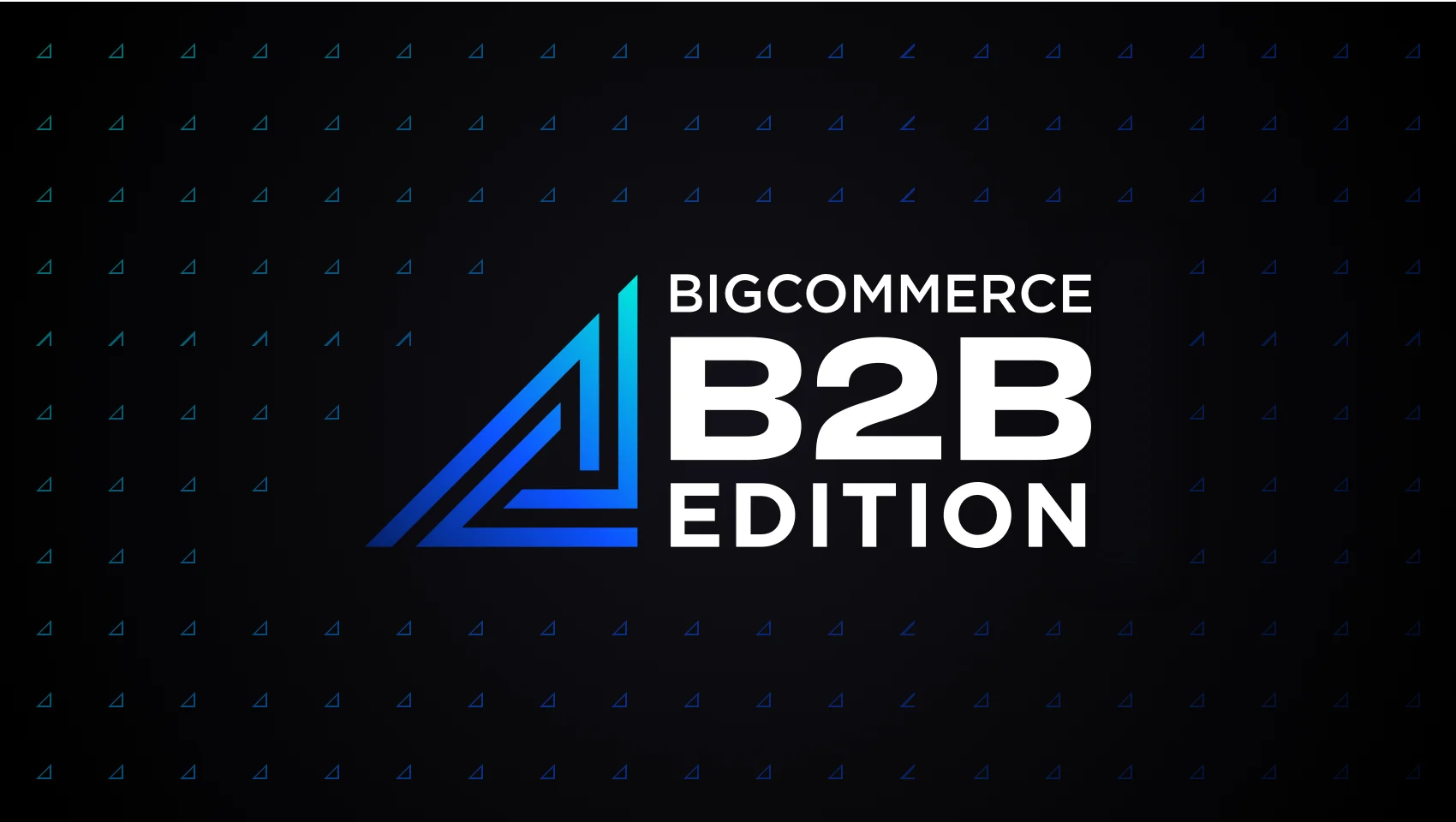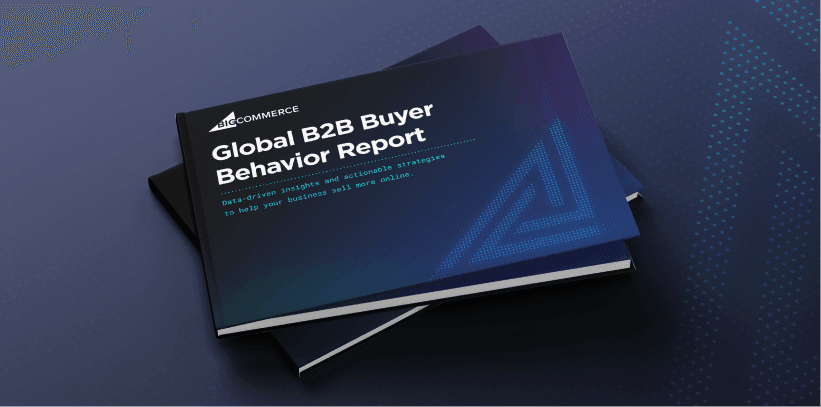
Grow with B2B Edition
More flexible than other SaaS platforms. Easier and faster than legacy solutions.

Accelerate B2B Ecommerce Growth with Balance, BigCommerce and Codal


Accelerate B2B Ecommerce Growth with Balance, BigCommerce and Codal
Get The Print Version
Tired of scrolling? Download a PDF version for easier offline reading and sharing with coworkers.
A link to download the PDF will arrive in your inbox shortly.
Business-to-business (B2B) sales have largely a “traditional” experience, involving phone calls, paper invoices and faxes. Even today, many B2B sales that start online end in an offline interaction.
However, as customer expectations change and the lines between direct-to-consumer (DTC) and B2B sales blur, merchants are quickly realizing that they need to transform the way they do business in order to succeed.
To meet these challenges head on, businesses will need to transform their once-traditional enterprise into a digital powerhouse. They’re looking for customer-centric experiences paired with B2B workflows that buyers expect.
At BigCommerce, we’re working with partners such as Codal and Balance to help businesses accelerate their digital transformation and move into the world of ecommerce with confidence.
Checkout is Integral to the B2B Ecommerce Experience
As mentioned earlier, B2B companies, whether wholesalers, manufacturers, distributors or anything in-between, have traditionally been more reserved when it comes to ecommerce innovation. Instead, businesses have held onto more traditional practices of invoicing, product search and sales.
But times are changing. The B2B industry is quickly realizing that the old ways may no longer hold up in the digital world. As customer expectations change, so too must the ways that businesses present and sell their products.
A study from Avionos found that 97% of online B2B buyers experience some sort of pain point during the ecommerce purchasing process, and that 85% of those buyers would turn to a competitor if their supplier’s digital channel can’t keep up with their needs.
What are those needs? In the past, transactions were largely kept offline.
“When we think about ecommerce, we think about discovery and trade. Finding the products that you want to purchase and exchange money for goods,” said Bar Geron, Co-Founder and CEO of Balance, a BigCommerce B2B payments partner. “On the trade side, businesses just went back to offline. So everything in the experience was slick and then it got stuck for between seven and 14 days.
“That inconvenience is a massive force to bring in what we know from the DTC space — things like Buy Now, Pay Later — inside of a payment experience that together can really digitize the whole B2B payment process.”
Digitizing the B2B payment process may seem a challenging process, but really it comes down to creating a customer-centric checkout experience. As ecommerce technology grows, B2B buyers are bringing their DTC-like customer expectations with them.
While the process may differ slightly — paying on credit or customer-specific pricing, for example — from DTC ecommerce, the sentiment remains the same.
Reimagining B2B Payments with Balance
B2B ecommerce businesses, although moving toward DTC-like preferences for site design and overall checkout experience, have their own individual payment types that are unique to their needs, including:
Traditional Trade Credit.
Purchase Order.
Paper Checks.
Cash on Delivery.
Credit Cards.
Digital Payment Platforms like PayPal.
Bank-to-bank Wire Transfers.
While B2B payments have traditionally been conservative in its adoption of new technologies, there are companies dedicated to improving the B2B checkout and payment experience, like Balance.
Balance is a B2B technology solution that owns the entire B2B checkout process from beginning to end, allowing merchants to unify different payment methods and terms, providing a self-serve experience while getting full control of their checkout process. Codal, a BigCommerce technology partner, has developed an integration with our platform for B2B merchants to use Balance in their own stores.
Using the Balance API, merchants can configure and modify the checkout process on their site to accommodate a variety of buyer needs, including payment methods, vendor payouts, net terms, marketplace compliance and more.
“Balance is about simplicity and trust,” Geron explained. “It’s about saying to merchants ‘You don’t need to worry about everything that comes along with payment processing.’ On the other hand, as a buyer, you don’t need to care about the preferences of a merchant, how he wants to get paid, what their payment terms are.
“Balance is not here to disrupt, but to facilitate, to help and to enable businesses to get the job done.”
The Final Word
B2B ecommerce is changing — fast. As companies transform into the digital space, they are quickly realizing that consumer preferences for B2B sales are largely similar to the DTC space, but still require some very specific B2B workflows.
This is especially true when it comes to payments and checkout. Companies used to invoicing or buying on credit expect similar interactions online to the ones they’ve been used to for so many years.
As ecommerce grows in importance inside the B2B space, companies like Balance, BigCommerce and Codal will continue to facilitate and accelerate business growth, giving online stores not only the tools to succeed, but also a solid foundation to expand their digital transformation.
Click here to learn more about how Codal, Balance and BigCommerce are changing the way B2B ecommerce works.

Reed Hartman is a Content Marketing Manager at BigCommerce, where he uses his years of research, writing and marketing experience to help inform and educate business owners on all things ecommerce.


